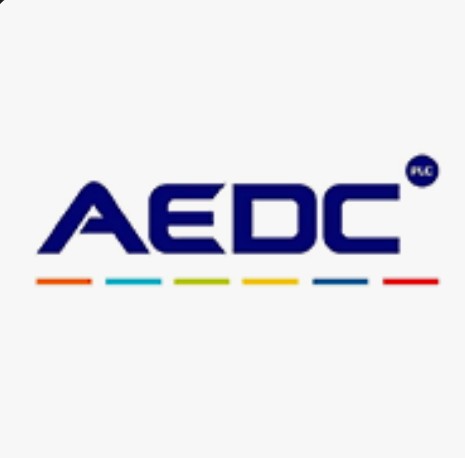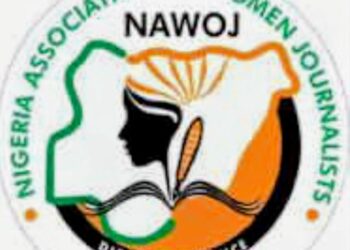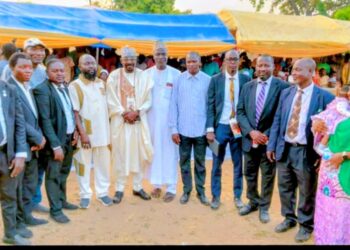LETTER TO MANAGEMENT AND STAFF OF AEDC.
I would like to begin with a greeting to you all.
As one of the distribution companies (discos) created from the privatization of the former Power Holding Company of Nigeria (PHCN) by the government under Goodluck Jonathan, AEDC was established with the aim of providing reliable electricity. My colleagues and I were equipped to foster a conducive work environment with the necessary logistics to perform our jobs smoothly and effectively.
However, from the very beginning, both the staff and consumers have faced significant challenges.
In 2014, under the management of our then MD/CEO, a foreign national, we were brought on board to fill positions in the control room. Initially, we experienced some success, achieving a collection milestone of 4 billion naira. At that time, we were compensated well, receiving good salaries, Christmas gifts, and bonuses. The MD made promises of further support and improvements to staff welfare.
Unfortunately, this positive trajectory changed when he was pushed out, reportedly for reaching retirement age, despite having a long career in South Africa’s power sector. His departure marked the beginning of our struggles.
Despite the collection numbers, his successor failed to deliver salary increments or improve staff motivation for over seven months. Discussions around a consolidated salary were postponed, and many employees grew increasingly concerned about their welfare. Management seemed to exploit divisions among staff, leading to a divide between a select few who benefited and a majority who were left to fend for themselves. This division created a toxic work environment where many no longer felt part of a unified team.
The federal government was also heavily involved, enforcing standards for managerial positions and monitoring service levels. It was mandated that, within 18 months, proper upgrades to our network were needed to ensure at least 20 hours of daily electricity supply. Despite these expectations, targets were not being met, and complaints escalated.
The introduction of the cap billing system did lead to increased collections, rising from 5 billion to 8 billion naira over time. However, the COVID-19 pandemic of 2019-2020 posed additional challenges. While some employees worked from home, others had to risk their lives by working on-site without adequate protection or compensation during the crisis. Many of us were left to walk long distances to work due to a lack of transportation, while no palliative support was provided by the company.
Despite these hardships, the federal government continues to rate AEDC PLC as one of the top-performing discos in terms of collection efficiency. The management has made claims about challenges paying back loans and making remittances to the federal government. It is important to note that the company did not borrow directly from UBA but operates through third-party financing via the Central Bank of Nigeria, which offers loans at more favorable interest rates compared to commercial banks.
Lastly, the federal government’s introduction of a new billing system in October 2021 has brought additional complexities to our operations.
We hope for better conditions and a commitment from management to prioritize staff welfare, transparency, and unity moving forward.
















